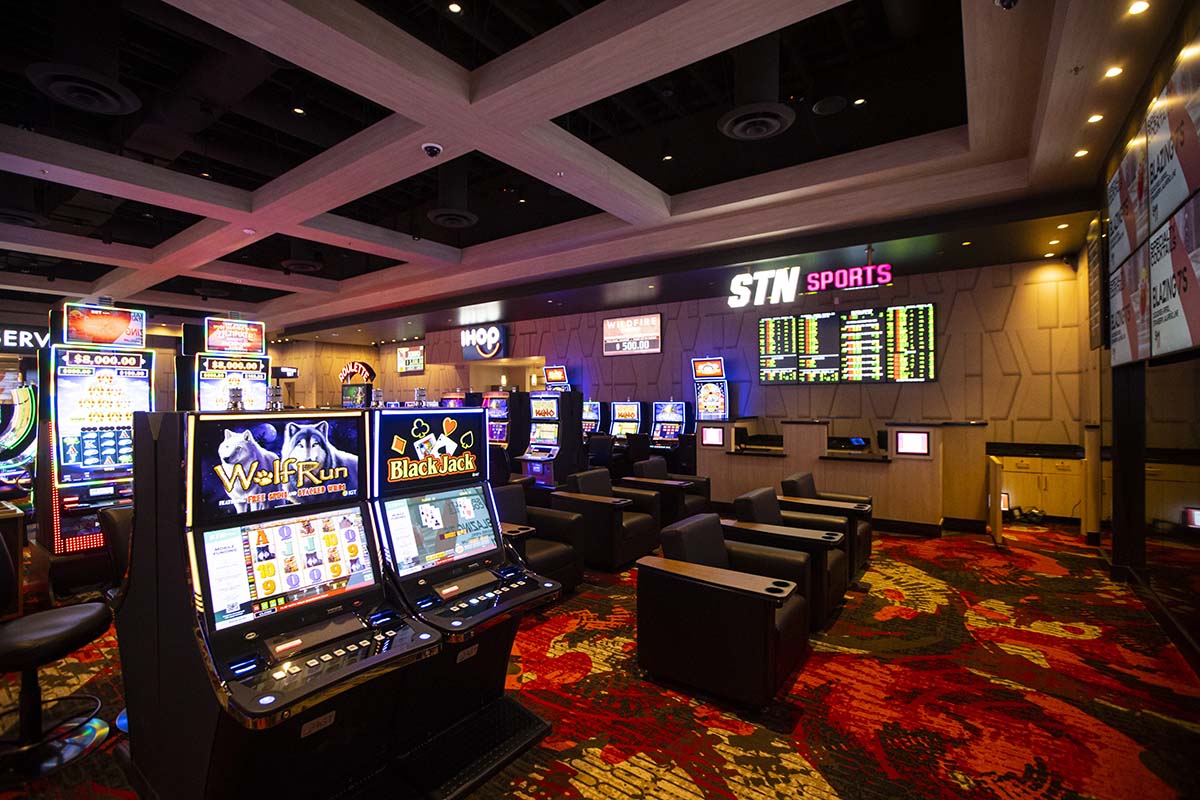
Casino games have long captured the imagination of people around the world, becoming an important part of both entertainment and society. From the glimmering lights of Nevada to the captivating experience of internet gambling, these experiences evoke excitement, danger, and sometimes even a sense of sentimentality. They are beyond just entertainments; they have woven themselves into the tapestry of human experience, influencing various aspects from cinema and melodies to style and literature.
The appeal of casino games surpasses the betting aspect, tapping into wider themes of serendipity, possibility, and psychology. As players assemble around a gaming table or turn the wheel of fortune, they engage in an age-old ritual that connects with our collective desire for adventure and unpredictability. This obsession has led to the rise of many references in films, songs, and video games, showcasing how deeply entrenched these pastimes are in pop culture. Whether it is the intense drama of a classic robbery film or the colorful nightlife portrayed in videos, casino games have established a substantial niche that reflects our relationship with reward.
Historical Impact of Casino Games
Gambling games have played a pivotal role in social aspects throughout the ages. XOSO66 Stemming from old civilizations, forms of chance were often connected to rituals or events. For example, early forms of these activities can be traced back to historic Chinese and the Roman Empire, where die games and betting on results were common pastimes. These activities not only functioned as leisure but also as means of social interaction, facilitating relationships among individuals within societies.
As cultures evolved, so did the sophistication and organization of gambling games. The establishment of official casinos in the 17th century, particularly in the Italian region, marked a major shift in how games were perceived and structured. With specific spaces for gambling, the casino became a social hub where patrons from different backgrounds gathered. This change contributed to the legitimization of gambling, transforming it from a mere pastime into an established industry that influenced economy and regulations.
The impact of gambling activities on popular culture cannot be understated. As they were popularized in literature and film, games such as poker and 21 became icons of risk, chance, and strategy. Iconic characters and stories have developed around these activities, illustrating societal attitudes towards fortune, wealth, and immorality. This fascination with gambling activities has infiltrated various forms of media, cementing their place in the public imagination and linking them to broader cultural narratives throughout the ages.
Depiction of Gambling Activities in Media
Gambling games have long been a popular subject in various forms of media, reflecting both the thrill and nuances of the world of gambling. Films such as Ocean’s Eleven and Casino Royal portray figures who navigate high-stakes environments, showcasing not only the appeal of the gambling environment but also the strategies and choices that come with playing popular games like Texas Hold’em and 21. These films often dramatize the excitement of winning and the potential results of losing, encapsulating the risks involved in betting.
TV programs have also explored the universe of gambling activities, often integrating them into the plot as a setting for character development and conflict. Series like Vegas depict the stories of gambling employees and patrons, highlighting the dynamic, often disorderly energy of the gaming floor. Docuseries featuring intense gambling competitions further emphasize the fascination of gambling activities, drawing viewers into the tension and strategy involved in each round. Through these portrayals, media not only amuses but also stimulates conversations about fortune, skill, and the essence of randomness.
Digital games have increasingly integrated casino games into their design, allowing players to simulate the thrill of betting without financial exposure. Games within the realm of digital gaming often include online slot machines, online poker, and other casino favorites, creating an interactive experience that mirrors actual casino experiences. These digital representations make casino games accessible to a broad demographic, appealing to both gamblers and those who enjoy the rush of simulation. As a result, the portrayal of casino games in media continues to shape public perception and importance, highlighting their place in entertainment and the cultural landscape.
Effect of Casino Games on Communities
Gambling activities have a significant effect on communities, affecting various facets of culture and interpersonal behavior. soi cầu xoso66 They often function as a venue for community engagement, where people come together to enjoy a shared experience. Casino trips with friends or trips to casinos become social activities that foster connections and create memories. This collective aspect enhances the fun value of casino games, making them a popular choice for celebrations and recreational pursuits.
Additionally, gambling activities have been depicted in numerous movies, TV series, and written works, shaping views and attitudes towards gambling and gaming. Icons like James Bond competing in baccarat or the high-stakes poker scenes in films have embedded these games in the shared imagination. This representation often idealizes the culture associated with casino activities, drawing in new players and influencing trends in both style and behavior. These portrayals can ignite curiosity and lead to a more profound exploration of the nuances of gaming.
However, there are also negative implications linked to the popularity of casino games. The allure of quick monetary gain can lead to problem gambling and economic troubles for some people. The community must contend with these consequences, promoting responsible gambling and awareness of the risks involved. Finding a balance between the fun aspect of gambling activities with the potential for harm is vital to ensure that they continue to be a beneficial aspect of our societal fabric.